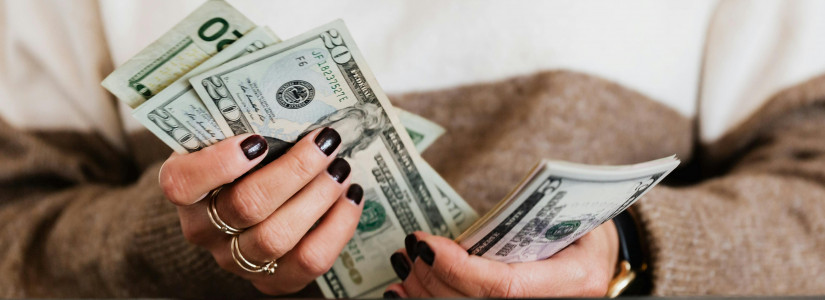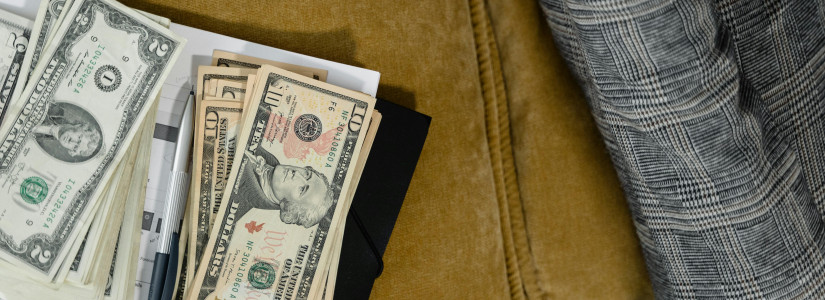Hey — You May Have Unclaimed Money/Property Waiting for You. Read This!
Are you looking for spare change hidden beneath your sofa cushions? You're not alone. High inflationary times have been tough on most folks out there. The cost of food, especially, is hard to keep up with. Maybe you're looking for money in the wrong place. In fact, you may have cash and property that's yours, and it's unclaimed. So how do you get to it? Keep reading along as the experts weigh in with great tips on finding unclaimed money.
Government Agencies Hold the Answers
It doesn't cost you a dime to search for unclaimed money and/or property. Anyone can do it in their home state, and the best step to take is to hunt for it online. The federal government has huge databases that can assist you. You can even search at your public library for unclaimed assets.
You need to have three pieces of information to make this happen. First, you need to figure out the type of payment or benefit that may be involved. Second, it's important to know the date that this payment would have been made to you. Third, you must determine how the payment was to be made to you.
These Five Databases May Hold Your Assets
Make a note of these government agencies that have the databases to help you. The five include the following:
1. HUD/FHA Mortgage Insurance Refunds
2. Treasury Hunt: Unclaimed U.S. Securities and Payments
3. National Association of Unclaimed Property Administrators (Individual State Unclaimed Asset Web Sites
4. Credit Union Unclaimed Shares
5. U.S. Courts: Unclaimed Funds in Bankruptcy
You have nothing to lose checking out any of these five massive databases, and just maybe, you have some money and/or assets waiting for you that got left behind.
Why Do Your Assets End up in the Government's Hands?
That's just the proper way that things occur when you're not available or cannot be found to claim them. For example, maybe you had a five-year certificate of deposit (CD) in your name, and you had moved away. If you neglected to inform the banking institution of your new address, the CD could become lost in the mail to you. If the bank doesn't hear from you within a few years, that money is handed over to the government for safekeeping.
To claim it, you have to go through a few hoops, but you will always receive what is your rightful money. Just be patient as it could take a few weeks for the money to be returned to you.
It's not the bank's fault. The federal laws of the United States say that after a period of time (18 months), the FDIC or the bank must transfer unclaimed property to the state. Every state has its own laws and can differ on the period of time after which the contents of safe deposit boxes must be transferred.
This happens quite often to many individuals across the United States. Don't be afraid to look into your situation.
Imagine This: $70 Billion in Unclaimed Assets!
The latest statistics show that one in seven people in the United States has unclaimed property that is being held by the state. That's quite a spectacular amount because it adds up to around $70 billion in assets. The sad thing is that most folks are unaware that they have money and/or property owed to them.
Now, you may only be owed pennies or a few dollars, but you could be owed even millions. The average amount of unclaimed money comes out to about $2,080. According to state treasury offices, most of these unclaimed assets come in the form of uncashed paychecks or rebate checks as well as inactive brokerage accounts and unpaid life insurance.
By the way, state treasurers get new unclaimed property turned over to them every single day. You can continue checking to see if you may be missing out on some cash or property.
In 2022, about $4 billion in unclaimed property was returned to their rightful owners.
It's tough out there trying to make ends meet no matter where you reside in the country. You just may have unclaimed assets, and if you do, isn't it time you looked into the matter? Don't let the government sit on your money. Go on a "treasury" hunt now, and best of luck!












